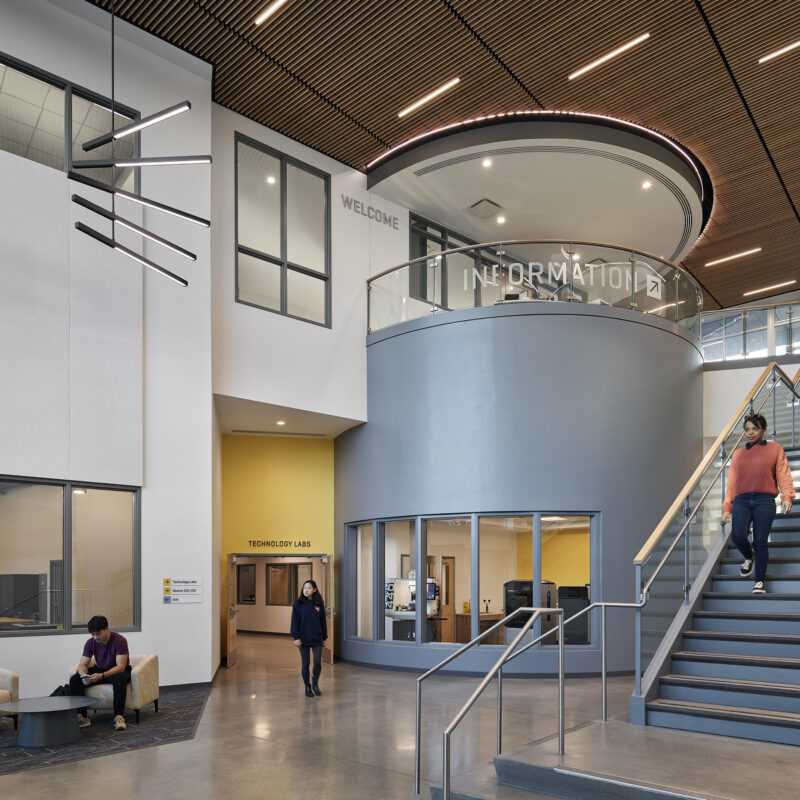Compost isn’t a glamorous business, but then again—if it helps you hang onto a big, beautiful piece of land in Albemarle County—maybe it is. The 20-or-so acres that Steve Murray uses to produce compost and mulch at Panorama Paydirt, near Earlysville, have been one way to keep the 850-acre farm in the family. “I raised cattle since I was a child,” he says. “To save the farm, I needed other sources of revenue.”
He found one in 1996, when he took a contract with the City of Charlottesville to accept the leaves it collected each fall. He borrowed a machine that could turn the piles of leaves as they decomposed. “We made every mistake possible that first year,” he says. But he kept at it and, over time, landscaping companies began to drop their leaves and yard waste, too, eventually contributing twice the volume the city does.
These days, local gardeners are very familiar with the bags of Panorama Paydirt compost available at garden centers: black, crumbly stuff known for its happy effect on all manner of growing plants. Murray and a small team—mostly other family members—keep the business humming, from the time when trucks arrive full of material to when they leave again full of “black gold” compost or high-quality mulch. “We take in around 18,000 cubic yards of material per year,” says Murray, “and we’ve sold out of compost 20 out of 22 years.”
The basic recipe for making Panorama Paydirt goes like this: Arrange leaves into windrows (long caterpillar-shaped piles about five feet high). Add turkey litter, which is high in nitrogen. Add water to maintain a 60 percent moisture level. Turn frequently to introduce oxygen, which supports microorganisms that feed on the nitrogen, break down the carbon in the leaves, and reproduce like crazy. As they do, they create heat—lots of heat. The temperature inside the windrows at Panorama, measured with a giant thermometer as long as your leg, stays above 140 degrees for six weeks at a time.
“We’re in the microbe management business,” says Murray. Keeping the tiny creatures happy is what allows the whole process to thrive. As leaves break down, windrows shrink in size and need to be combined to keep the proper ratio of surface area to volume. “Ninety percent of the business is making piles,” jokes general manager Noah Bloom.
There are, actually, a few other steps—grinding, screening, bagging, delivering—and they all add up to a successful business that can make money on both ends.
Panorama reduces “compost miles” in the same way that local veggie farms reduce “food miles.” Starting with local waste materials, then creating a product that will go back into the local environment, makes for a closed loop—a different model than many commercial composts and mulches, which are shipped long distances before they reach the gardener at the end of the chain.
In this case, “sustainability” applies to a product and a local family farm which might otherwise have become a subdivision. Murray and his seven brothers grew up there; now Bloom and his wife Margaret, Murray’s niece, live on the land. Says Murray, “It’s all about local.”





